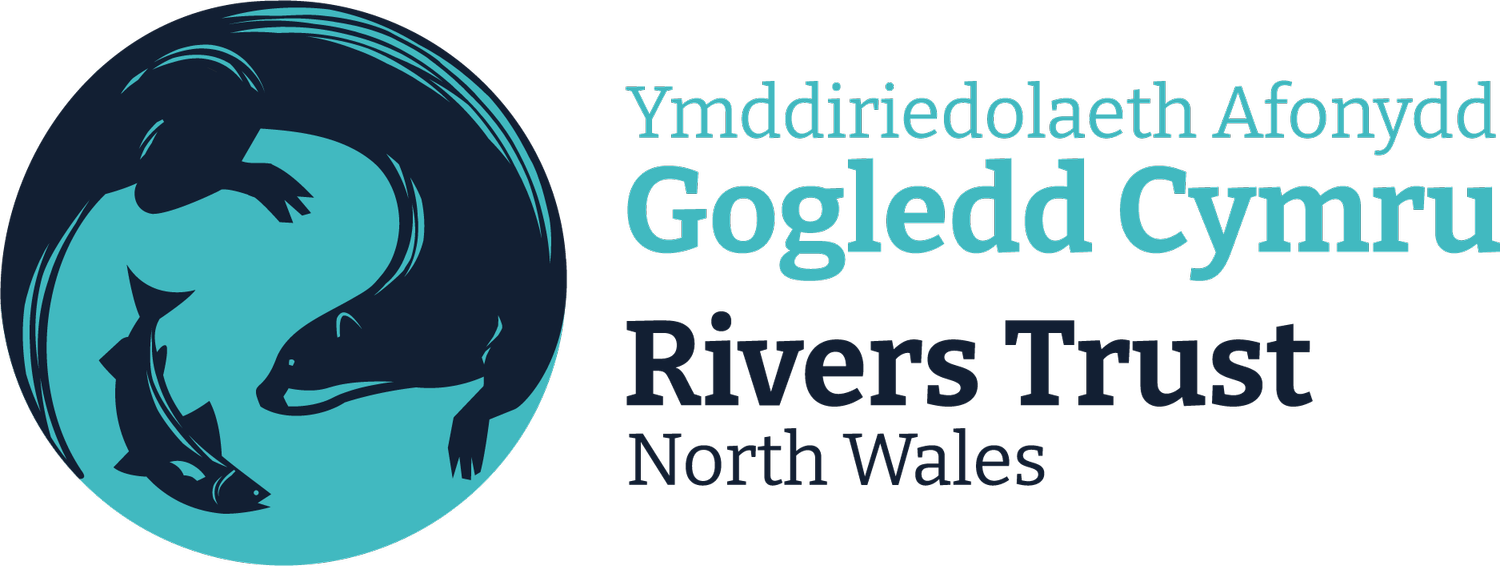North Wales Rivers Trust STeps UP Water Quality Testing
This week the team at North Wales Rivers Trust have been out on site testing the water in various locations as a direct result of increasing reports of toxic algae issues.
Local ecosystems face mounting pressure from pollution, climate change, and human activities. In North Wales, one of the most pressing issues is the rising number of reports indicating declining water quality in rivers and lakes, with a notable increase in the presence of toxic algae.
The North Wales Rivers Trust are committed to preserving and enhancing the region’s freshwater habitats and have responded by ramping up our water quality testing efforts to tackle the problem head-on.
The toxic algae issue is particularly worrying. This type of algae thrives in nutrient-rich waters, often resulting from agricultural runoff, wastewater discharge, and other human-related sources of pollution. Warm weather conditions and stagnant water can further accelerate their growth, leading to widespread outbreaks during the summer months. This can cause oxygen depletion in the water, threatening fish populations and other aquatic life, while their toxins can pose serious health risks for people and pets.
In response to we are now conducting tests more regularly across a broader range of rivers and lakes. By tracking water quality more closely, the Trust can quickly detect emerging issues like nutrient pollution or rising levels of harmful algae by collecting critical data through monitoring.
The increase in toxic algae blooms is not just an environmental issue but also a public health concern. They can produce toxins that are harmful if ingested, inhaled, or even touched. These toxins can cause skin irritation, gastrointestinal issues, and in severe cases, liver or neurological damage in both humans and animals. For wildlife, particularly fish and amphibians, the presence of toxic algae can result in habitat loss, oxygen depletion, and death. Dogs and livestock are especially vulnerable, as they may drink from contaminated water sources.
Our increased efforts highlight the urgency of the situation, but they also underscore the need for broader community involvement. We are encouraging governing bodies, local residents, landowners, and businesses to take proactive steps to protect water quality. Simple actions such as reducing the use of harmful chemicals, properly disposing of waste, and reporting any signs of pollution or algae blooms can have a significant impact.


